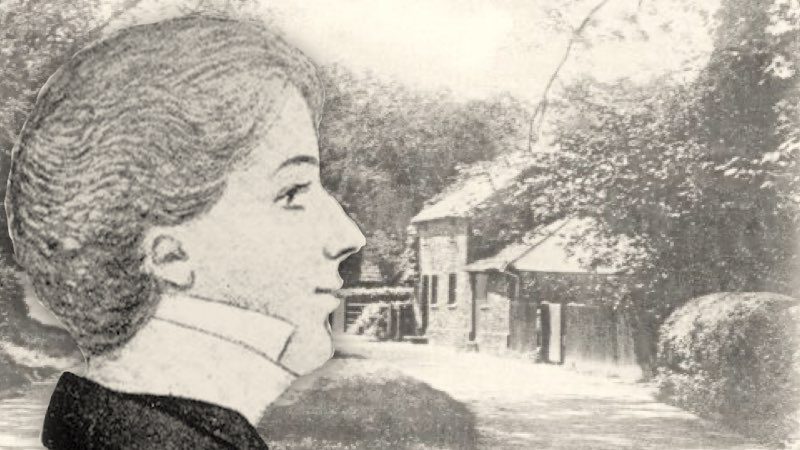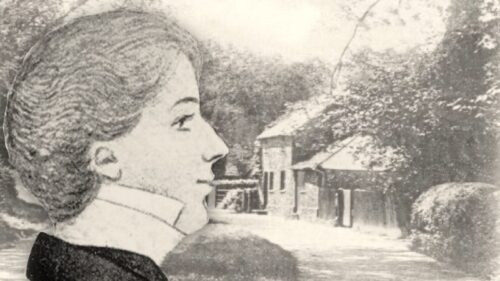-
William Carey: Using God’s Means to Convert the People of India (Part 2)
Part Two: The Mission Prospers The mission at Serampore prospered and spread. Carey was given the most prominent building in the city for the church in which he preached for the next thirty-four years. The town of Serampore, too, prospered as it proved an asylum of peace for fugitives from the Americo-Franco-British wars and it persuaded many wealthy investors to settle there. More missionaries were urgently needed as Brunsdon soon died of a liver complaint. Fountain, who was doing pioneer work at Dinapoor, also died after a short illness. Thomas rejoined the mission but became insane and soon died. The missionaries were able to purchase a very large house in the middle of the town with two acres of garden from the Governor’s nephew for…
-
William Carey: Using God’s Means to Convert the People of India (Part 1)
My reason for publishing this account of William Carey and his Indian mission on my website. On 18-21 February, 2010 a conference will be held at Muscle Shoals, Alabama under the theme ‘The Quagmire of Hyper-Calvinism’. The key speaker will be Dr. Michael Haykin who will lecture on Andrew Fuller as a missionary pioneer. The myth that Andrew Fuller pioneered a missionary movement is superstitiously believed by Dr. Haykin and his circle but the Baptist Missionary Society Fuller helped to found came at the rear end of a long line of Christian missionary organisations whether church based or, like the BMS, a para-church movement. Andrew Fuller was not the instigator of this missionary society but William Carey who urged the Baptists to act as other…
-
The Learned And Great Find The Doctrines Of Grace Great Foolishness
October 28th, 1830 My dear Brother, I arrived safely at Sutton on the Saturday afternoon. I saw Mr. de Merveilleux, and had a little conversation with him. I believe him to be a lover of gospel truth, and I hope that you will call upon him when you go to Stamford. I met a few friends at his house, and spoke a few words to them. They seemed very desirous to hear, and, I trust, are spiritually hungering after the bread of life. My friend Philpot is ill, and not able to preach. He is coming to see me next week. He is a dear child of God. I shall be glad to hear in your next letter what advances you are making in religion.…
-
The Offense Of The Gospel
September 3, 1830 My dear Brother, I intend (D.V.) to be at Oakham on the 14th or 15th, but I hope to be with you on the 14th by the Leicester coach, as I intend to return that way the following week, for I cannot conveniently be absent from so large a parish any longer. But you will be quite willing to part from a troubler of Israel in a few days. I shall give the greatest offence, I have no doubt, in speaking against much of the religion of the present day, which is nothing but the work of Satan, but is very near and dear to the flesh, and you will feel very loath to give it up—as unwilling as the Jews were…
-
John Collet Ryland (1723-1792) And The Restructuring Of Baptist History
A number of modern writers who preach common-grace and duty-faith as redemptive means in evangelisation, view John Collet Ryland as a Hyper-Calvinist. Such a person, a recent BOT article tells us, does not appeal to sinners, “directly encouraging them to trust him (Christ), and appealing to them to do so now.” Obviously, given such criteria, Ryland’s critics know nothing of his extensive gospel ministry or are deliberately introducing a new conception of what ‘directly encouraging sinners’ means. Most of their ‘encouragement’ is found in their slogan ‘God’s provisions and man’s agency’ which stresses the need for man to use all his supposed natural abilities and duties to grasp out and take God’s provisions in Christ. Ryland affirmed that salvation was all of grace. Only then…
-
Why So Particular?
To be described as being particular about things is not always a compliment. In fact it is sometimes used as a polite put down as much as to say, ‘He’s very fussy’, or ‘She’s hard to please’. This is often the impression given when some Christians, usually Baptists, describe themselves as ‘Strict and Particular’. One can imagine someone new to the phrase wincing slightly at the expression. The picture of an austere old aunt or a disciplinarian teacher might spring to mind. Hair combed, laces tied and sitting quietly. Overly strict and very particular. Strict Of course the real meaning of the term is quite different and has more to do with the historical development of theology in certain churches. Congregations who practise strict communion…







